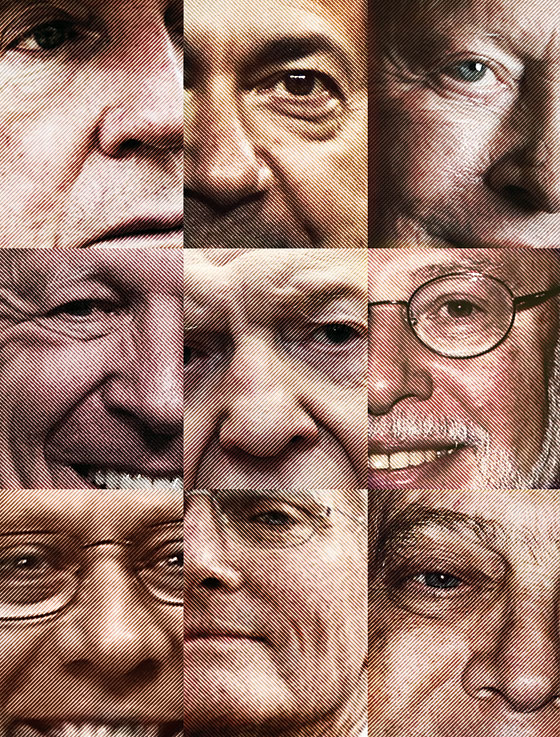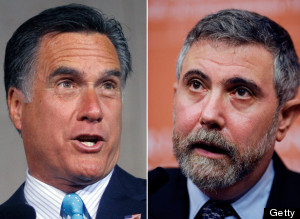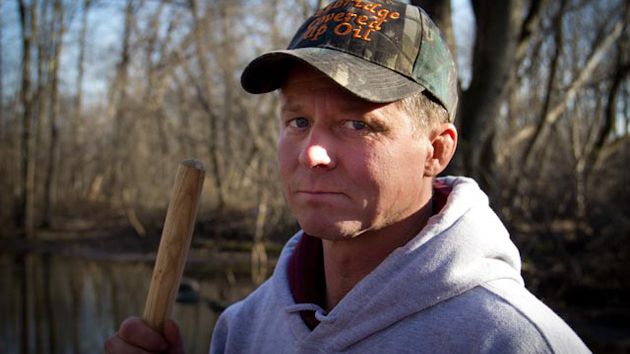Six federally funded organizations devoted to research and communication in women’s health learned this week that their funding will end March 31, 2013.
The Program is critical to funding innovative social policy research, building community partnerships and providing important mentorship opportunities for students in women’s health. Within a year, the affected organizations will be forced to either close their doors permanently or attempt to find funding elsewhere.
The Women’s Health Contribution Program (WHCP) supports: Le Réseau québécois d’action pour la santé des femmes (RQASF), the Canadian Women’s Health Network (CWHN), the Atlantic Centre of Excellence for Women’s Health (ACEWH), the British Columbia Centre of Excellence for Women’s Health (BCCEWH), the Prairie Women’s Health Centre of Excellence (PWHCE) and the National Network on Environments and Women’s Health (NNEWH), located across the country from Vancouver to Halifax.
“The effect of this decision by Health Canada is yet another strong sign that the federal government is pulling away from its responsibility to gender equality. The work funded through the WHCP has been crucial to ensuring that Canadian women have had access to the best evidence and policy advice on women’s health issues, through research that recognized that social and environmental determinants of health are key,” said Chi Nguyen, Chair of the Board of the Canadian Women’s Health Network.
The Program is critical to funding innovative social policy research, building community partnerships and providing important mentorship opportunities for students in women’s health. Within a year, the affected organizations will be forced to either close their doors permanently or attempt to find funding elsewhere.
The Women’s Health Contribution Program (WHCP) supports: Le Réseau québécois d’action pour la santé des femmes (RQASF), the Canadian Women’s Health Network (CWHN), the Atlantic Centre of Excellence for Women’s Health (ACEWH), the British Columbia Centre of Excellence for Women’s Health (BCCEWH), the Prairie Women’s Health Centre of Excellence (PWHCE) and the National Network on Environments and Women’s Health (NNEWH), located across the country from Vancouver to Halifax.
“The effect of this decision by Health Canada is yet another strong sign that the federal government is pulling away from its responsibility to gender equality. The work funded through the WHCP has been crucial to ensuring that Canadian women have had access to the best evidence and policy advice on women’s health issues, through research that recognized that social and environmental determinants of health are key,” said Chi Nguyen, Chair of the Board of the Canadian Women’s Health Network.













































